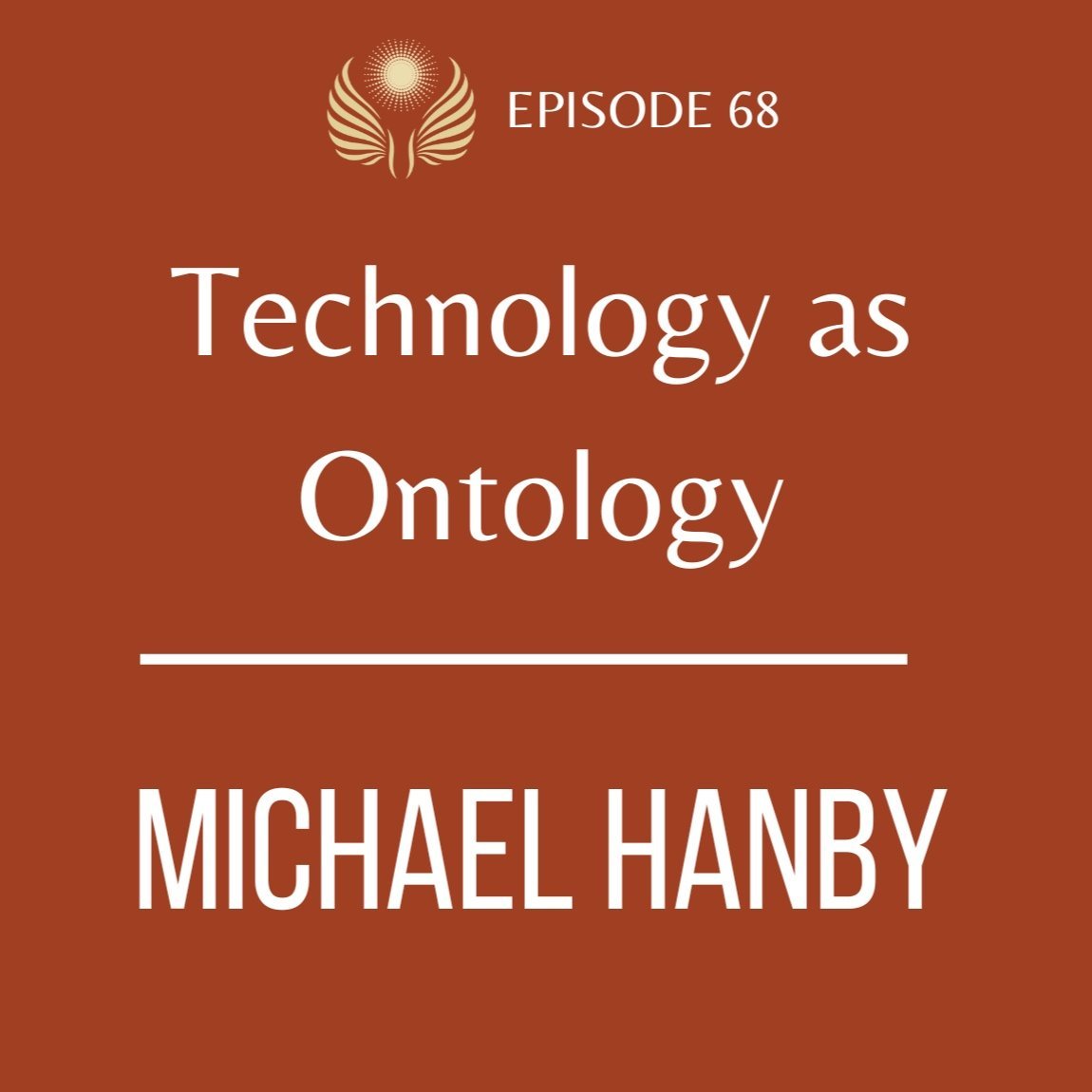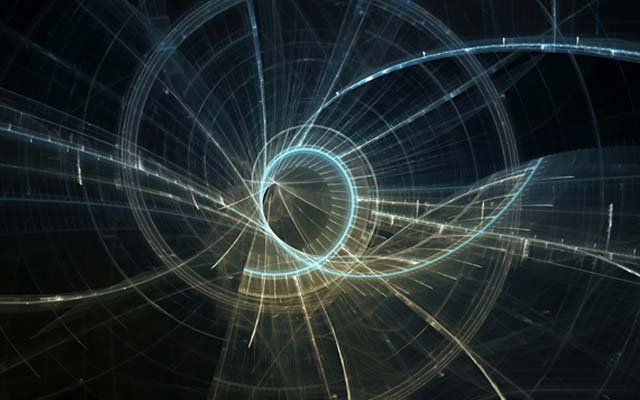The Genealogies of Modernity Journal
On Not Counting on the Katechon, Part II
“All the past incarnations of the katechon have resulted culturally in a progressive, step-by-step demystification of the nature of violence itself, bringing to the surface its mimetic and cyclic nature. Are we not at the point where the very discussion of the katechon involves an understanding of this nature and the actual unsustainability of violent solutions?”
Anthony Bartlett offers a genealogy of the katechon
On Not Counting on the Katechon, Part I
“The most significant recent embrace of the katechon comes from tech-billionaire student of Girard and Trump/Vance backer, Peter Thiel. The connection with Girard makes this latest iteration doubly provocative and in need of serious examination.”
Anthony Bartlett offers a genealogy of the katechon
Newman’s “Idea of a University” as a Foundation for Interdisciplinary Liberal Arts Programs: Part II
Newman’s model of liberal arts study provides an ideal roadmap for how to create a program that would encourage focused, meaningful interdisciplinary learning.
Gina Elia on the application of Newman’s ideals
Newman’s “Idea of a University” as a Foundation for Interdisciplinary Liberal Arts Programs: Part I
To showcase the ongoing relevance of a liberal arts education to students, programs should emphasize the roles of generalists, as opposed to specialists, in a society’s infrastructure.
Gina Elia on the ongoing urgency of John Henry Newman
Reclaiming a Grounded Life
How do we stay human in the midst of digital upheaval?
An interview with Peco and Ruth Gaskovski
AI, Automatons, and Modern Insanity
[P]roponents of AI argue that as long as we are masters of ourselves, we needn’t worry that AI will master us. But as all the writers of the Romantic era knew, men are helpless when in the thrall of powers greater than themselves.
Elizabeth Stice offers a Romantic reading of AI
Xbox as Time Machine: Exploring Ancient Egypt
Concerns that video game players confuse the game world and the real world, manifesting virtual into real violence, contain echoes of Cervantes’ Don Quixote.
Jacob Martin on video games as time travel
Sacrificing Our Youth
Despite the arrogance of modern thinkers and the mountains of data tech companies collect about us, they still fail to know us deeply.
Charles R. Martelle offer a principal’s view on a modern crisis of attention
Against the “Reversal of History” Thesis
McLuhan sees our modern, technologically induced condition as a product of tensions between individualism and tribalism.
Éamon Brennan contests a standard reading of Marshall McLuhan
Reading Voices: What Can We Learn from Modernist Poetry Recordings?
There have been drastic changes in how poetry sounds to readers over the last hundred and fifty years, troubling the illusion that reading silently can offer us access to the poem as it sounded to the writer.
Isabelle Stuart on the history of modern poetry recordings
Behavioral Psychology and the Fight Against Our Phones
This inability to stop engaging in unhealthy, excessive behavior is not unique to the current age.
Helena Vaughan on smartphones as a marker of modernity
Will There Be Computers in Heaven?
What does Silicon Valley have to do with Jerusalem?
An interview with Derek Shuurman
Can AI Reignite Our Faith?
AI gives us information. It furnishes facts. It prompts us with news headlines. But could AI also answer our religious questions?
An interview with Shanen Boettcher
An Interview with Philip Metres: Part II
[Poetry is] the closest thing—alongside music and dance and visual art—to a transhistorical technology of human expression and contemplation.
Anthony Shoplik interviews Philip Metres
Xi’s "China Dream" is Science Fiction: Part II
Through the guise of hypotheticals and future realities, authors of the genre can critique current conditions and disseminate their ideas to a broad, sometimes international, audience.
Andrew Latham and Erica Paley on Chinese science fiction
Technology as Ontology
In a time when technology has made it possible to change our very bodies in ways that would have been unimaginable to previous generations, are we less human than before?
An interview with Michael Hanby
Can AI Be Our Neighbor?
In making computers to solve ethical dilemmas and robots to enter relationships, are we creating something in our own image? Is it possible to separate intelligence or emotion from the body?
An interview with Noreen Herzfeld
Signals of Barbarism
Early modern science emphasized an optical connection to the universe,' making its brilliance appear close enough to touch. Tragically, this optical achievement consigned the individual to reflect on an unbridgeable distance.
Michael Golec on the confluence of civilization and barbarism
The Rise of the Information Nexus
We no longer connect with one another over information as often as we used to. Instead, we connect with a broker, a hub, a nexus.
Tom White and Wesley Brandon on substituting systems for people
Barbarism and Social Media
We are not built to live in the way barbarism trains us to live, whence the widespread unhappiness and dissatisfaction of technologically advanced nations.
Brian Harding on Michel Henry, social media, and the loss of interiority























